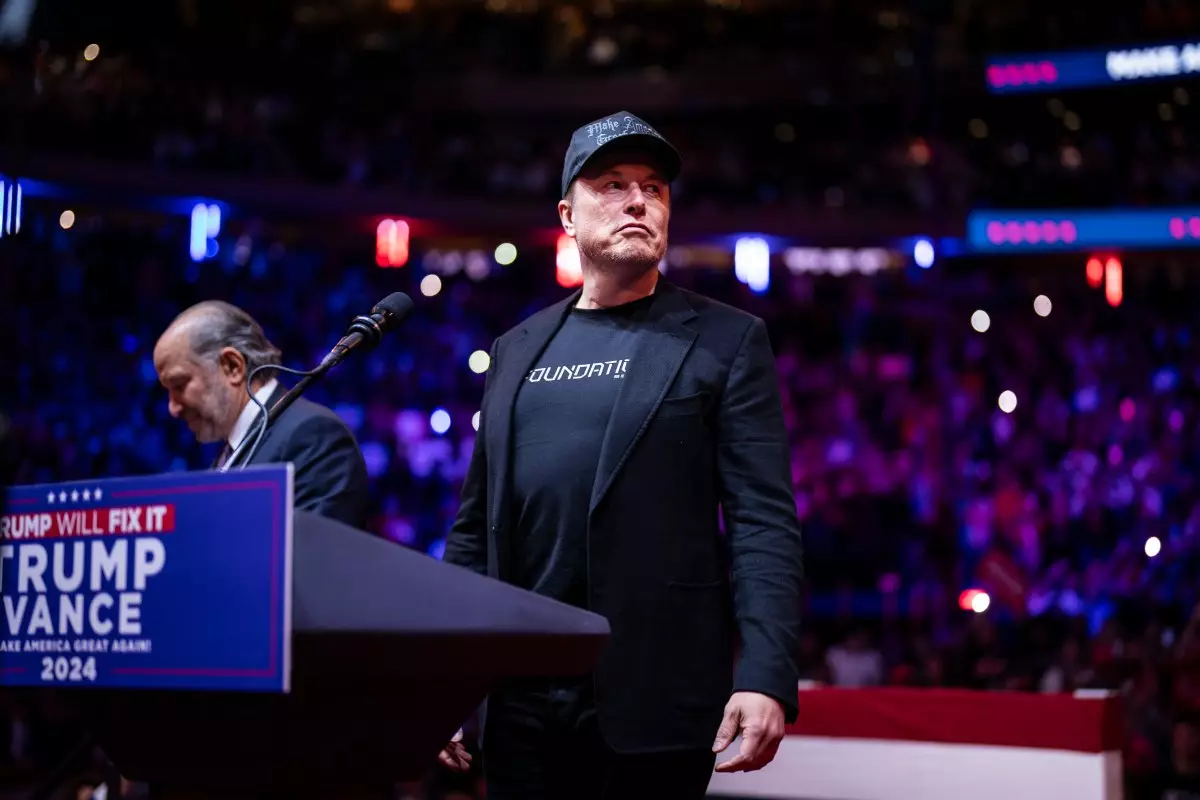In recent discussions regarding the acquisition of social media platforms, Elon Musk’s name frequently surfaces. However, during an interview at the WELT Economic Summit on January 28, Musk clarified his position on TikTok, stating he is “not chomping at the bit” to acquire the popular video-sharing app. This remark came amid ongoing speculation about potential deals involving TikTok and its parent company, ByteDance, especially following delays in legislative moves by the Trump administration.
Musk’s comment serves as a crucial insight into not just his personal interests but also the dynamics of tech acquisitions. With a reputation for shaking up industries, Musk had previously garnered interest from various sectors suggesting he might be a fitting candidate to take over TikTok, particularly given his strong connections with political entities like Trump. However, his statement clearly steered the conversation away from any imminent intentions regarding TikTok, which continues to face scrutiny over data privacy concerns and its ties to China.
During the interview, Musk acknowledged that while he does not use TikTok extensively, he would examine the platform’s algorithm if he decided to engage with it. His approach emphasizes a systematic evaluation of technology, focusing on the impact and utility of algorithms. Musk noted, “I guess I would look at the algorithm and try to decide: How helpful or useful is this algorithm?” This statement underlines a key principle in today’s tech landscape—the need to assess digital platforms not just for their entertainment value, but for their broader implications on society.
With a growing global conversation around algorithmic accountability, Musk’s strategy, if he were to pursue TikTok, would likely include transforming its algorithms to promote constructive content, potentially redefining how social media influences societal behavior. This perspective resonates with his larger vision of utilizing technology to enhance human productivity, a theme frequently echoed in his corporate endeavors.
Reflections on Past Acquisitions
Musk further remarked on his tendency to develop companies from the ground up, describing his acquisition of Twitter (now X) as an anomaly in his career. This sentiment not only reflects Musk’s entrepreneurial spirit but also casts doubt on the viability of acquiring an established platform like TikTok. Historically, taking over existing frameworks poses unique challenges, including legacy operations, established user behavior, and potential backlash from loyal user bases.
The landscape of social media is rife with complexities, and Musk’s introspection reveals that his ambitions may lie in innovation rather than acquisition. His unique approach towards revolutionizing industries often showcases a preference for nurturing nascent ideas rather than stepping into well-trodden paths filled with established players.
In concluding reflections of the interview, Musk highlighted the obstacles presented by bureaucracy, likening it to a significant barrier to effective governance and innovation. As he navigates the labyrinthine structures of federal agencies and data access, the concept of overcoming bureaucratic constraints may have higher precedence in Musk’s vision than the integration of platforms like TikTok.
In essence, while the chatter surrounding potential acquisitions remains lively, Musk’s comments suggest a pivot towards fostering innovation and addressing systemic challenges rather than indulging in the complexities of established social media platforms. As the digital landscape continues to evolve, it will be intriguing to see where Musk’s interests align and how they will ultimately shape the future of technology and society at large.

